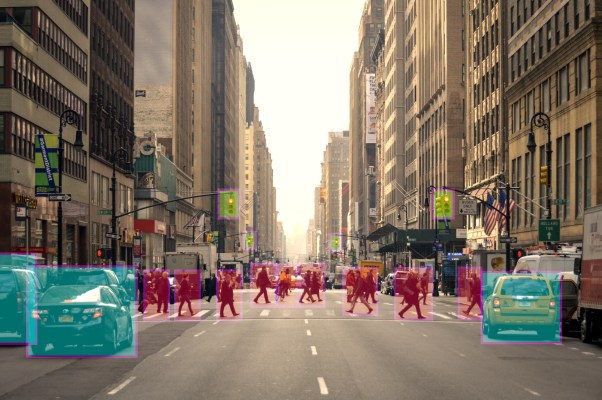A self-driving car tech startup called NAUTO has raised an undisclosed amount of venture funding, and entered into data-sharing partnerships with big-name auto and insurance companies BMW, Toyota and Allianz Group.
Specifically, BMW iVentures, Toyota Research Institute and Allianz Ventures have invested in NAUTO’s Series A round. The startup and its investors declined to disclose the amount of funding newly invested in the extension. NAUTO previously raised $12 million in Series A funding.
Founded in 2015 by CEO Stefan Heck and CTO Frederick Soo, NAUTO uses cameras, motion sensors and GPS systems, as well as its own artificial intelligence software, to detect what’s happening on the road, as well as inside a car.
When there’s a risky situation on the road, or too much distraction within a vehicle, NAUTO alerts drivers to help them refocus and avoid accidents.
The company’s systems, which include a cabin-facing and a forward-facing camera, record automatically when they sense that a collision is about to happen.
In cases where there is a collision, archived video allows professional drivers to show their employers, insurance providers and the police what really happened to settle questions or refute assumptions about who caused an accident.
Drivers can also use NAUTO to “initiate” an incident, or begin recording if they have an unruly passenger inside the car, for example. Doing so alerts a driver’s fleet manager that there is a problem, and sends them a live stream of what’s happening in and around the car.
NAUTO’s CEO Stefan Heck said his company’s technology is useful today for professional drivers and will only improve over time, with miles driven and driver behavior observed and analyzed.

NAUTO’s dashcam-like system detects dangerous situations on the road, or within a car, to help drivers avoid collisions.
“People are familiar with follow the lanes, don’t hit the car in front of you and you will mostly stay out of trouble… But that doesn’t work in downtown San Francisco, or New York, with lots of people, traffic and parked cars,” Heck said. “We’re building and using a data set to help OEMs and other partners develop the next generation of autonomous capability for vehicles in urban areas.”
NAUTO’s technology is used by dozens of fleets that deliver packages, food, oil and gas, or transport passengers around for taxi, limo and other transportation services, the CEO said.
Uber and Lyft drivers sign up to get NAUTO through drivers’ associations, but NAUTO has not yet struck a corporate deal with a transportation network company.
Toyota Research Institute’s Jim Adler said one reason the company invested in and is working with NAUTO is that it’s technology could help accelerate the arrival of autonomous cars that are safe for mainstream use.
“There’s an assumption in the industry that we will need self-driving cars to cover billions of miles across all kinds of weather, traffic and other conditions before they are safe. We think it will take trillions of miles to understand everything we need to. And NAUTO is already out there, researching traffic and driver behavior in dangerous situations,” Adler said.
